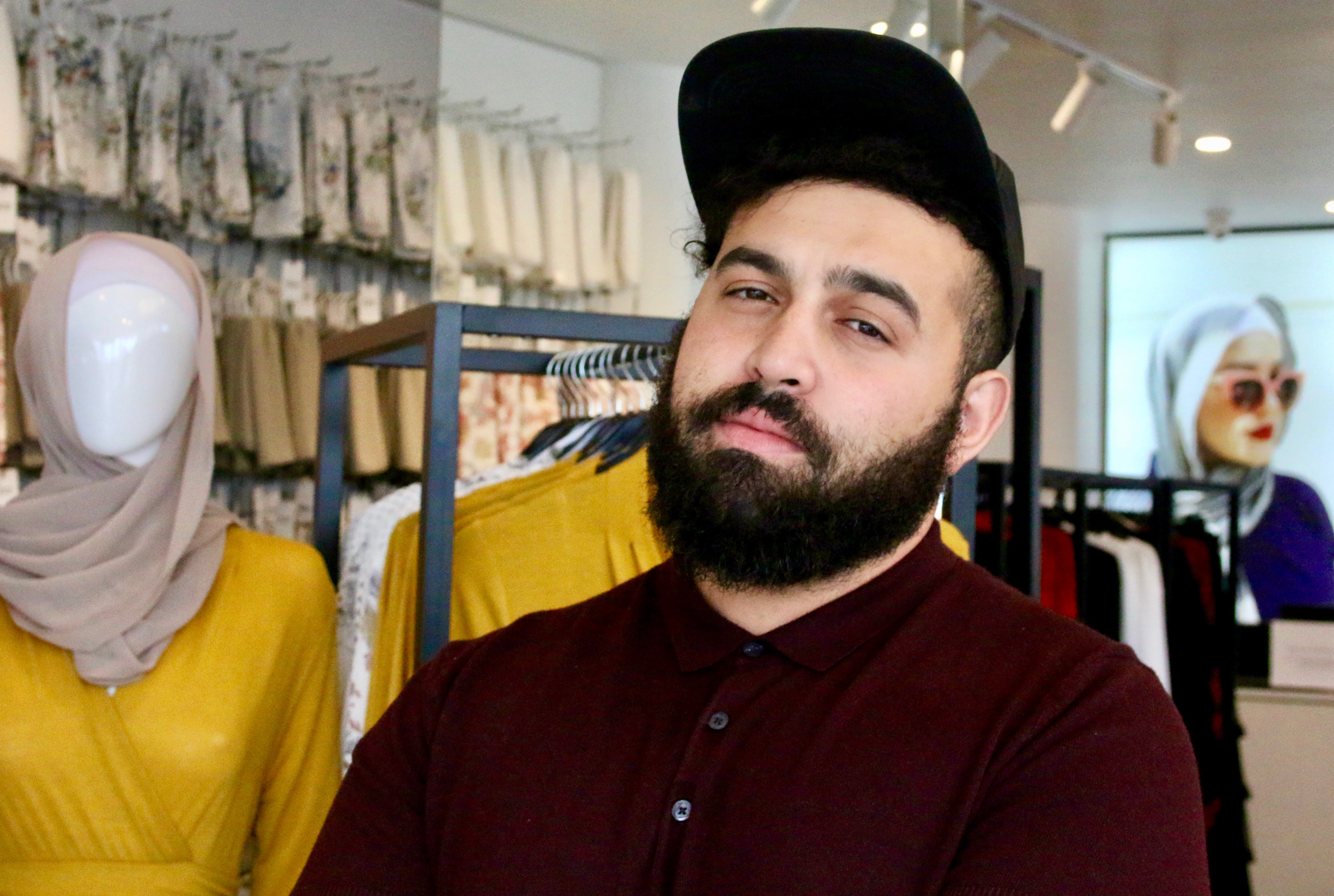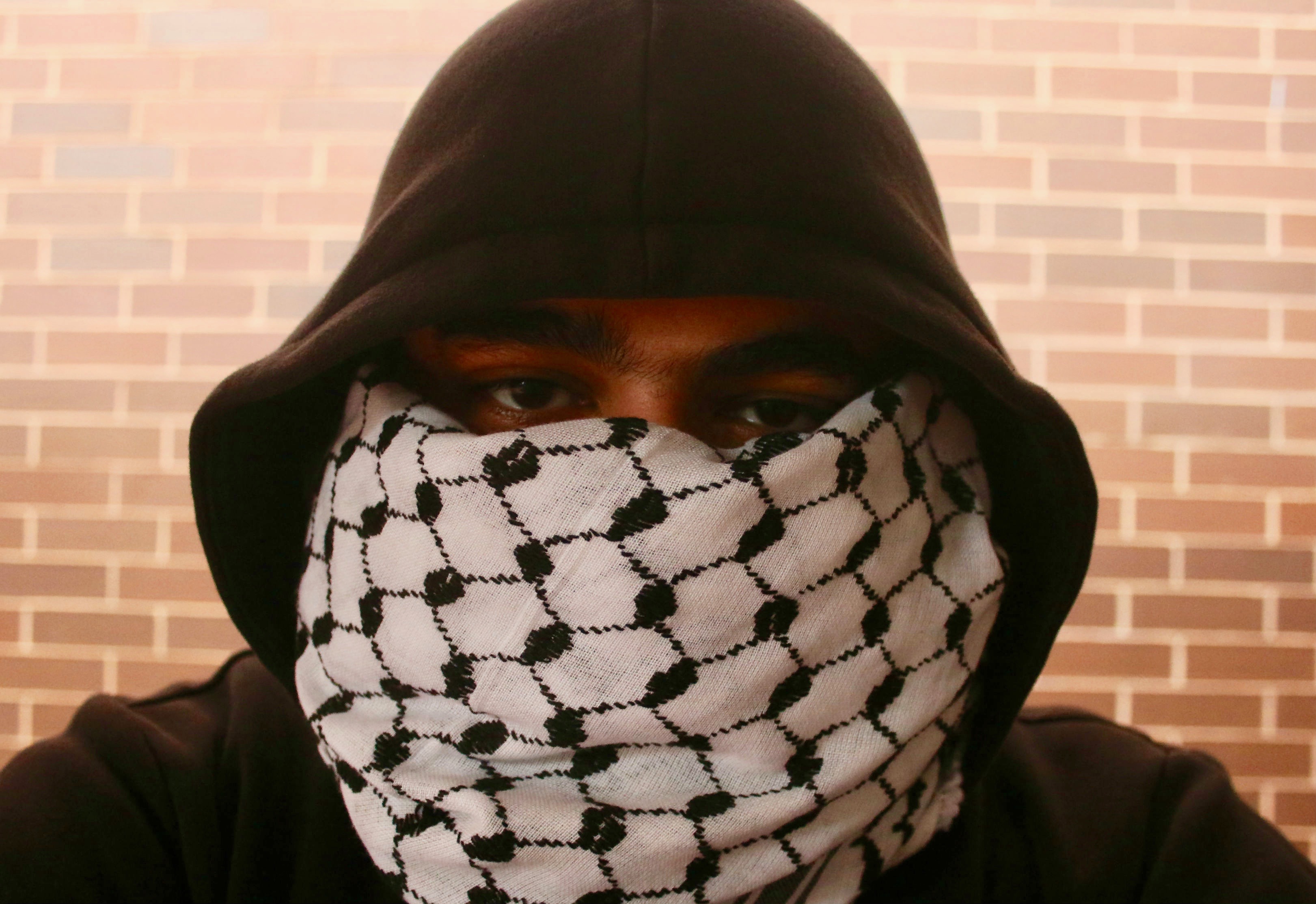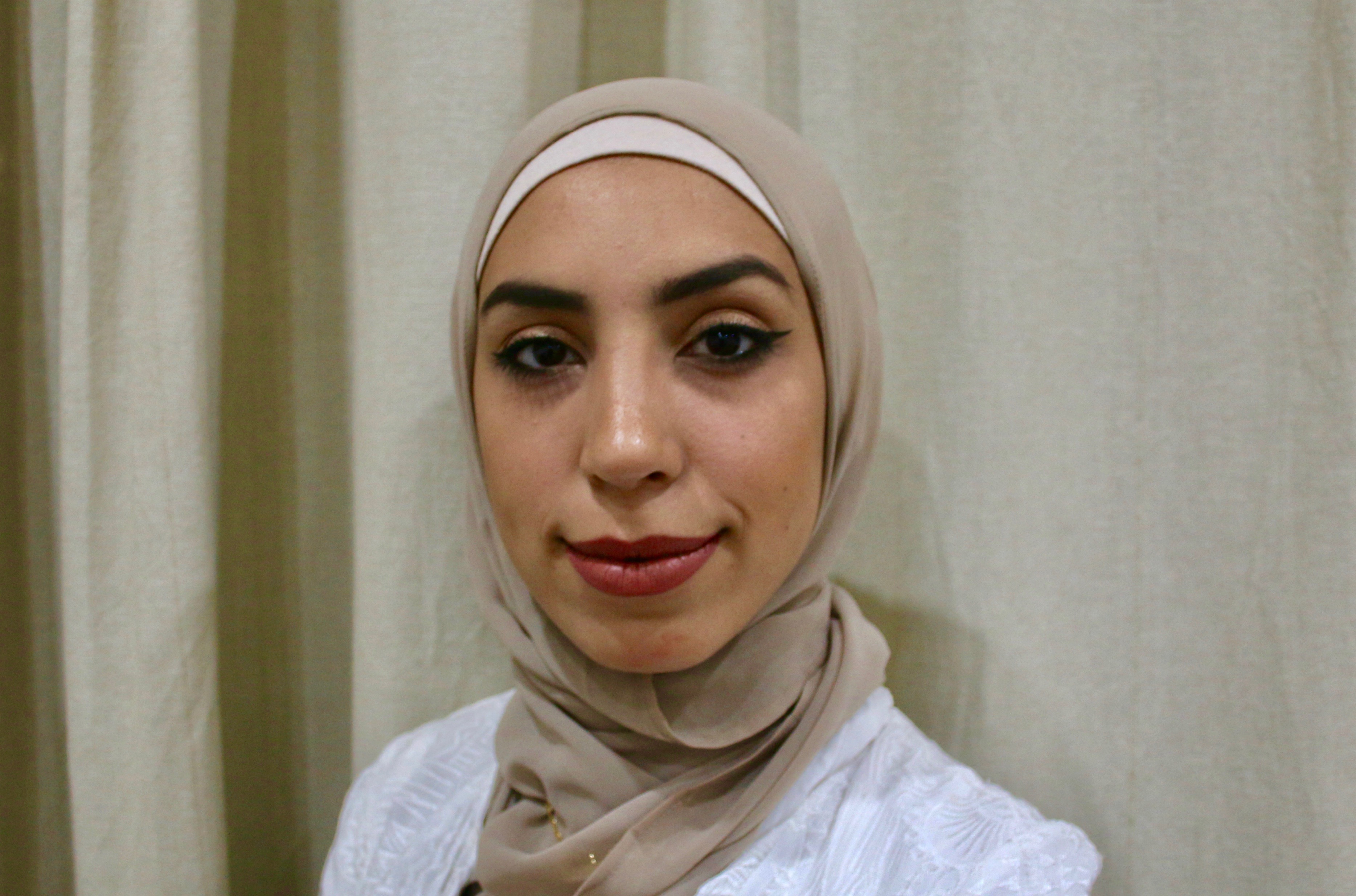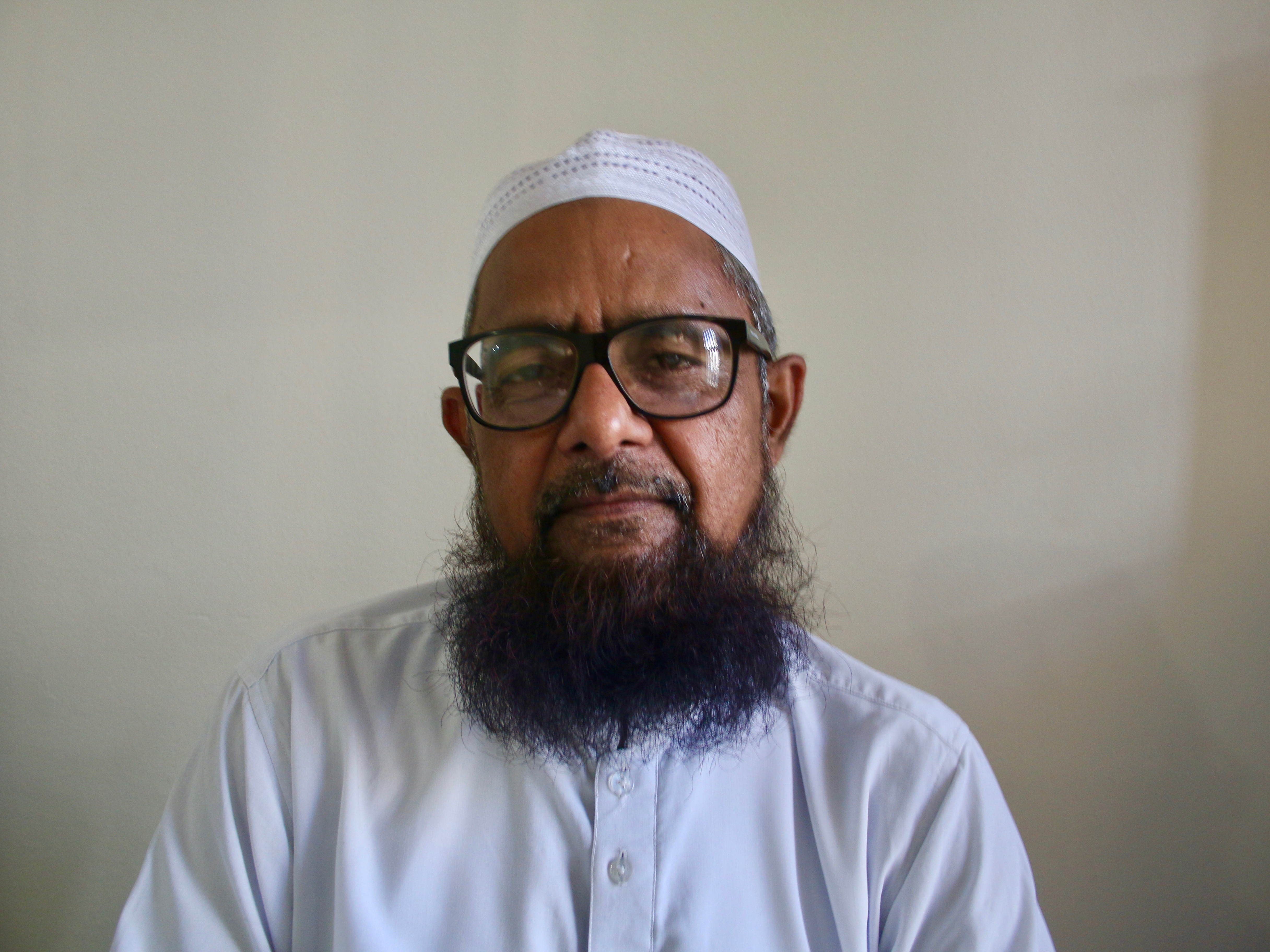This article originally appeared on VICE Australia.
On the afternoon of March 15, a 28-year-old Australian and self-professed white supremacist walked into two Mosques in Christchurch and murdered 50 people. Prime Minister Jacinda Ardern described the attacks as "one of New Zealand's darkest days" and her government swiftly moved to heavily restrict the nation's access to guns. A royal commission of inquiry has also been established, examining how New Zealand's security agencies failed to foresee the tragedy.
Australia now needs to contend with the fact that the gunman was one of their own. Australia's increasingly xenophobic political climate has helped to create this event, which is a fact many Muslims can personally attest too. Every day, they live in an Australia that's just a little more aggressive, suspicious, and intolerant than many realize. And now, after this attack, Muslims are a little more afraid.
Here, in their own words, four Australian people of Islamic faith explain how the massacre in Christchurch has affected their lives.

Tarik Houchar is the founder of Hijab House, an international fashion outlet for clothing aimed at Muslim women.
Since the massacre a few weeks ago, I’ve been feeling afraid for my staff members at Hijab House. Women in hijab are so visibly Muslim. So even if they’re not really religious, they’re still going to be associated with the faith and they’re still vulnerable. On the day of the attack, I sent an email to all my staff and explained to everyone that we’re there to support them and that we're on alert. Should they need assistance, we’re obviously here to protect them, and we reiterated the importance of the police.
But one unexpected thing I've noticed from speaking to customers and being around Muslim women is how those in hijab now have some space to breathe after the horrible attack. I think that's because women in hijab are the face of the religion and they are often pushed to the front of any conversation about Islam. The discussion usually revolves around their dress code or the way they behave in society, or the way that they carry themselves, or whether they’re oppressed. But the narrative shifted after this tragedy—it kind of gave these women some breathing space, in a really strange way. They can now express themselves and their ideas without having people judge them because everyone is focusing on something else. So, when you talk about your identity through a tragedy, your identity is not going to be judged so harshly.
While I worry about white supremacy, I see a rise of extreme opinions on all sides of society and I also think the Muslim community has a lot to answer for. I’ve seen a lot of loud opinions in the aftermath of Christchurch from Muslim leaders who are quite antagonistic. They're all like "I told you so"—it’s almost like they’re wiping their slate clean and we’re excused from any behavior. There are some people who are Muslim who are just as culpable as the far right, and their opinions are quite extreme.
I think everyone needs to get along, and just chill out.

Sam is a non-practicing Muslim with anti-fascist group Antifa (he wishes to remain anonymous)
I knew something like Christchurch was going to happen eventually, but it was just a matter of when, how, and where. I’m with Antifa and we’ve been keeping an eye on white supremacists and confronting neo-Nazis for a while. Now people hear the word "Antifa" and think of privileged white people going to protests and punching Nazis, but it’s not like that. It’s not just about punching Nazis—although obviously that’s a big part of it—but another part of it is being around these people to see the way they feel, and hear the things they say, and witness the things they plan to do or joke about. We keep an eye on these people so Christchurch didn’t come as a shock to me.
A few months ago, there was an incident where I was face to face with six of them by myself, and it’s not because they thought I was an antifascist, but because of the way I looked. When they did eventually find out my background was Muslim, that’s when the situation peaked.
I remember another time, when I was really young, one person told me to go back to Afghanistan. It made me think: I can stand up for myself, but what if it was someone that couldn’t? What if it was my sister? It made me think, what if it was someone defenseless who didn’t know what was going on? That’s what keeps me going. That’s why I do what I do.
The egg boy thing is a good symbol but it’s fucking stupid. Big fucking whoop. The one thing that ticked me off was when the election was on and people were writing egg boy on their ballots. Like are you fucking stupid? If you want to get behind egg boy you vote against certain parties, you don’t donkey vote, you make your vote fucking count. He’s got balls because he did that in the middle of a white supremacist meeting, but for people to glorify him—there are much better examples out there.

Sumaia Kadoumi is a teacher at an Islamic school
When I heard about the terrorist attack in New Zealand, I felt helplessness. The feeling went from sadness to helplessness, and then it seemed to legitimize this fear that Muslims always have—that Islamophobia is real.
I know lots of schools have taken precautions to ensure the safety of their students, as well as mosques: lots of police presence and certain procedures in case anything happens. I think the most important thing is to make the students feel they're safe, which is achieved by conversations to let everyone know they belong no matter what people say or do. It's definitely been scary for some—they are really scared.
As teachers, we’re always trying to prepare our students for what’s to come after school, and at our school in particular, we’re always trying to nurture Australians who contribute to society. This is what Islamophobia has done, it’s changed the way we’re directing conversations in classrooms. It starts with conversations about what’s right and wrong.
After Christchurch, people have been looking at me for a bit longer than usual, and I wonder if they are they looking at me because they feel sorry for me? Especially being visibly Muslim? Or are they looking at me because they agree with what that man did? It comes back to that uncertainty, that kind of insecurity. It was so close to home. It was someone who was Australian and had a supporting community back here who agreed with what he did.
They try to instill fear in you, so you don’t go about your day-to-day life and continue to be who you are. So I fight by continuing my routine, continuing to be who I am: which is Muslim resisting what this man fought for. But I won’t let him make me feel like I don’t belong. Australia is a big part of who I am. I was born and raised here.

Imam Shamim Rahman is a Pakistani Australian imam at Surry Hills Mosque in Sydney.
We finished our prayer on Friday when the Christchurch attack happened and there were around 1,000 people here in the mosque. Then I received a phone call from police telling me that if any assistance was needed, to let them know.
It was police who came to us first, and we have been getting community support. We have flowers outside, we don’t know who put them there, but this is support from the community. We had a group of people from church here the other day. One asked me, do you have any difficulty in Australia? I said no. I am an imam here and I can do all my services here, no problem. I’ve never had any incident here and never have any problem. My son used to go to a public school and he had a room for prayer. Society is with us and the community is with us. This incident could happen anywhere.
This world is two things, good and bad. This incident put us in an insecure place, but it does not mean we have to stop our normal lives. This is why terrorists try to disturb normal life.
Before the first victim, Haji Daoud Nabi was killed, he said "welcome, brother" to the terrorist. This is normal for us. The mosque is for all people. If you arrive here no one will ask if you are Muslim or not, if you are a member or not. But the response is not normal.
We will not close our mosque. The mosque is a public place. Wherever you go in the world, the mosque is a house of God. It is for everyone, and if you make it for members only, it’s not a mosque anymore.
We keep hope and patience. We keep hope that things will be fine. Our soul never dies. It shifts from this place to another place. Someone may take my body, but the soul goes to God.
Sign up for our newsletter to get the best of VICE delivered to your inbox daily.
Follow Jennine Khalik on Twitter.
from VICE https://ift.tt/2uMSP4h
via cheap web hosting
No comments:
Post a Comment